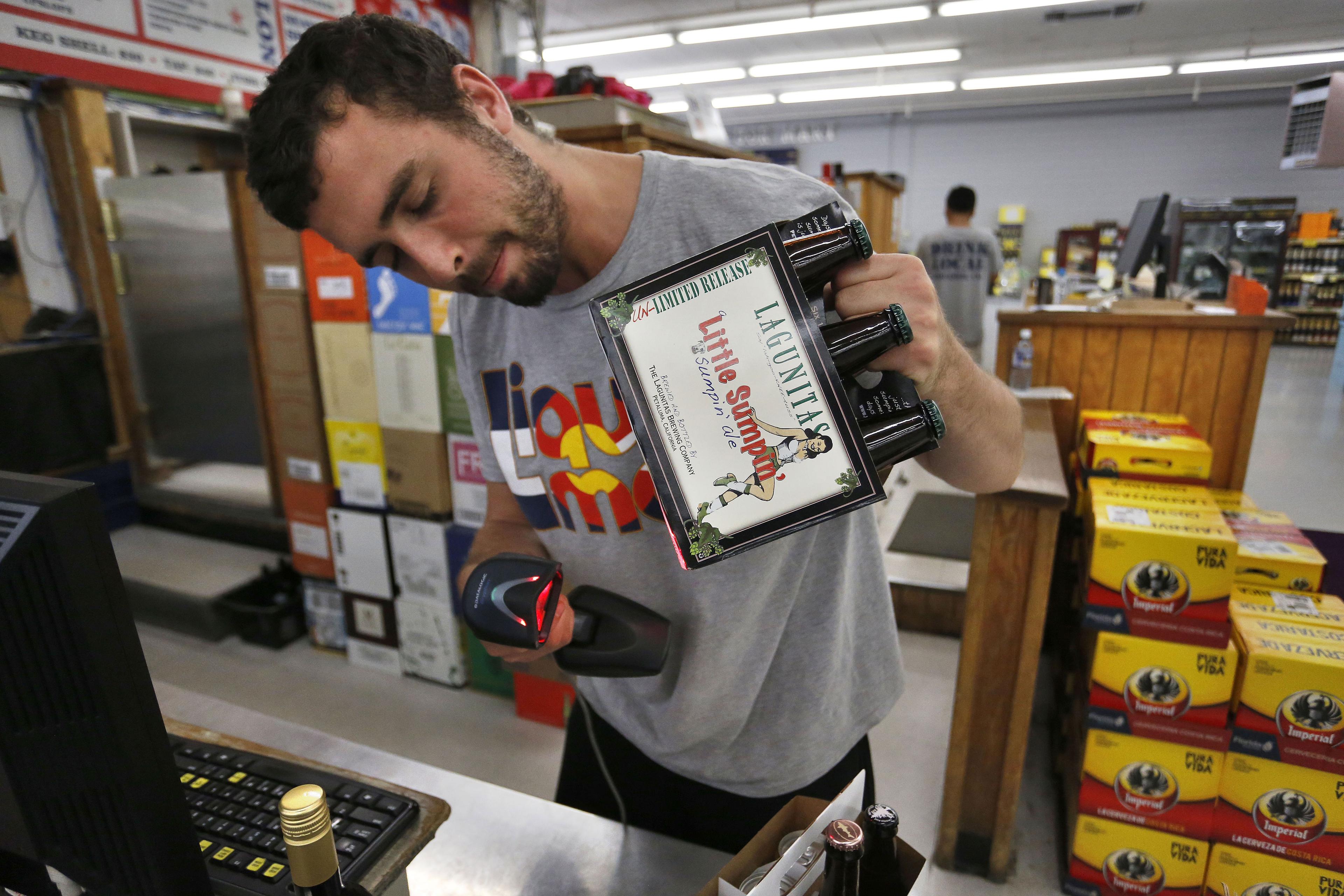

Colorado beer sales set a new monthly record in January.
When grocery and convenience stores started stocking full strength and craft beers, it wasn’t clear how Colorado’s beer market would respond. New numbers offer the first piece of evidence: sales jumped 20 percent.
CPR uses the taxable gallons number from the state Department of Revenue as a proxy for sales volume. The state reports it taxed 9.8 million gallons of beer in January. That’s 1.6 million more than January of 2018.
Some experts predicted that adding about 1,000 new locations to sell full-strength beer would grow the overall market. Others feared that buyers at large corporate outlets like Safeway or 7/11 with limited shelf space would narrow beer choice, putting some smaller brewers out of business.
That could still happen. The Colorado Brewers Guild said it was too soon to say.
For decades, Colorado limited full-strength beer sales to independently run liquor stores. Grocery and convenience stores could only sell beer with a maximum alcohol content of 3.2 percent. As craft beer rose in Colorado, sales of 3.2 beer in grocery stores shriveled. With the 3.2 cap removed, grocery and convenience stores can now sell the craft brands that dominate in Colorado.
Independent brewers worried chains would eventually discontinue stocking some craft selections. But with big chains entering the market, liquor stores also have much to lose.
Many located over the years next to supermarkets to offer what stores like Walmart or King Soopers couldn’t. Still, many will thrive on wine and spirit sales, which have been stronger over the last few years as many consumers have fallen in love with whiskey in Colorado.








